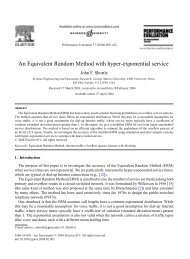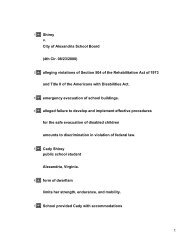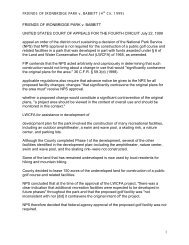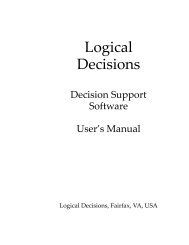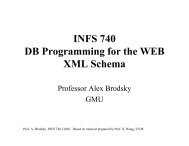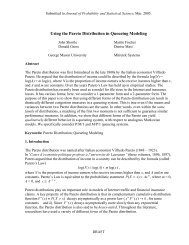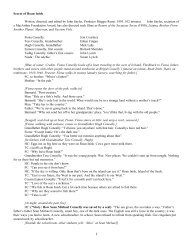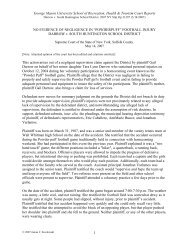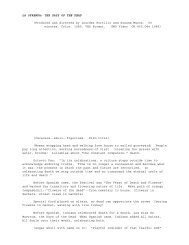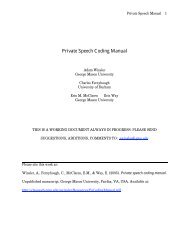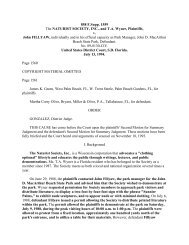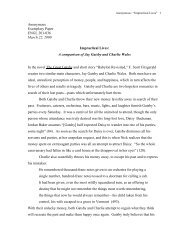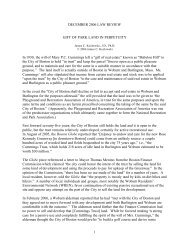AFTER VIOLENCE: 3R, RECONSTRUCTION, RECONCILIATION ...
AFTER VIOLENCE: 3R, RECONSTRUCTION, RECONCILIATION ...
AFTER VIOLENCE: 3R, RECONSTRUCTION, RECONCILIATION ...
You also want an ePaper? Increase the reach of your titles
YUMPU automatically turns print PDFs into web optimized ePapers that Google loves.
Let us try to summarize. Who/what was/is guilty of Nanking?<br />
Nobody would deny a classical actor guilt, possibly more for those<br />
higher up than those lower down, and among the former more for the<br />
Imperial center than the person who was executed. We can accept<br />
both the N rnberg Tribunal position, that those lower down cannot<br />
get off their guilt claiming that they only followed orders,/47/<br />
and the Tokyo Tribunal position that those higher up cannot get<br />
off their guilt claiming ignorance of what the lower ranks were<br />
doing. We could also accept limited rationality under influence of<br />
such intoxicants as alcohol, sex and war frenzy.<br />
But these are fine distinctions within an actor-oriented<br />
perspective. Given 100% guilt one possible distribution would be<br />
50% to the culture, 40% to the structure and 10% to actors; with<br />
those 10% distributed 10% to the rank and file, 40% to the<br />
officers and 50% to the imperial military/political center; to<br />
indicate a point of view. The legal position is very onesided<br />
epistemologically and one could add: anti-military, with some<br />
nuances as to where the point of guilt gravity is located. The<br />
two tribunals strip the military of some exculpatory arguments,<br />
restores them as responsible human beings. But all others and<br />
everything else escapes with impunity, scot free, leaving the next<br />
generation with nothing to do except reading some history. The<br />
searchlight will not be on the victors and their justice, nor on<br />
the countless helpers of the military, nor on posterity.<br />
True, to sentence a people to change their structure and<br />
culture could also endanger human rights. But to challenge, and<br />
change, structural and cultural violence is a task for us all; up-<br />
hill, never-ending, indispensable. In that we are all co-<br />
39



